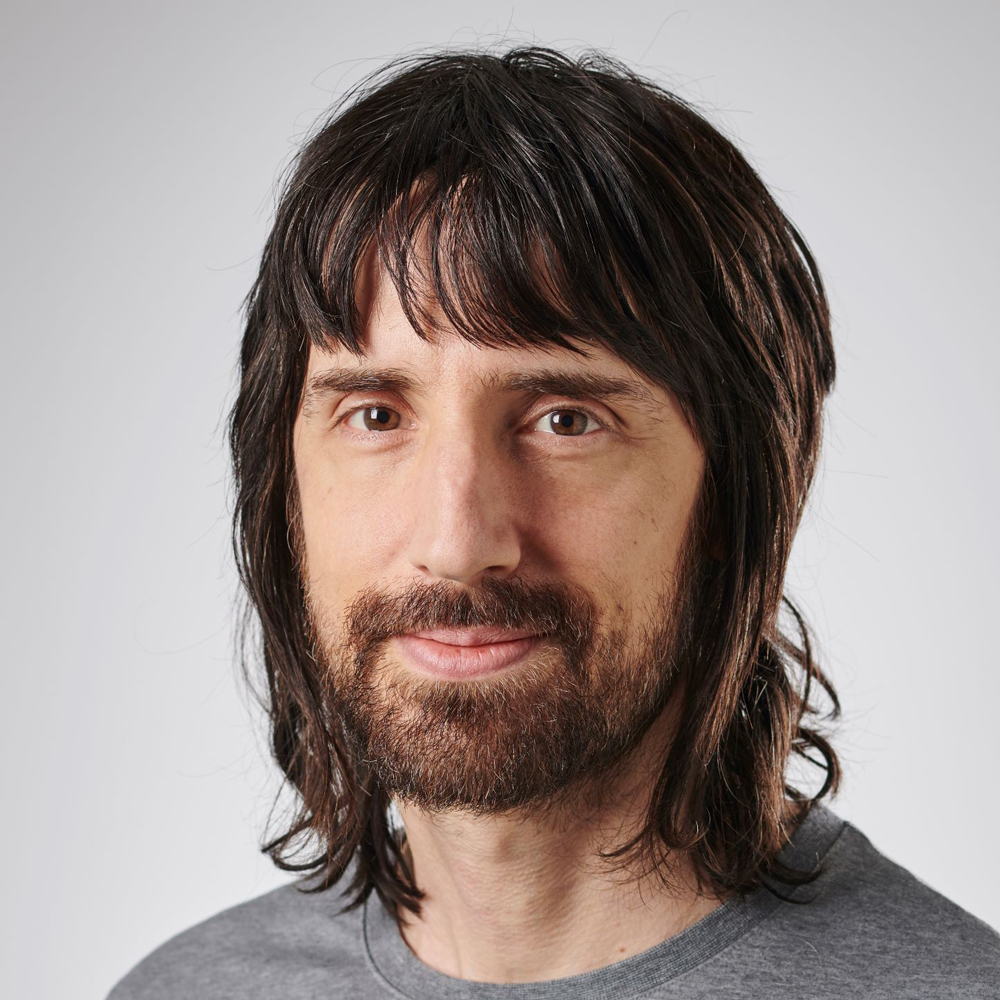Don’t Miss this Incendiary Podcast Interview with The Beatles and The Rolling Stones Studio Guru Glyn Johns
Listen in on musician Leo Sidran’s unmissable conversation with the veteran recording studio engineer and producer.
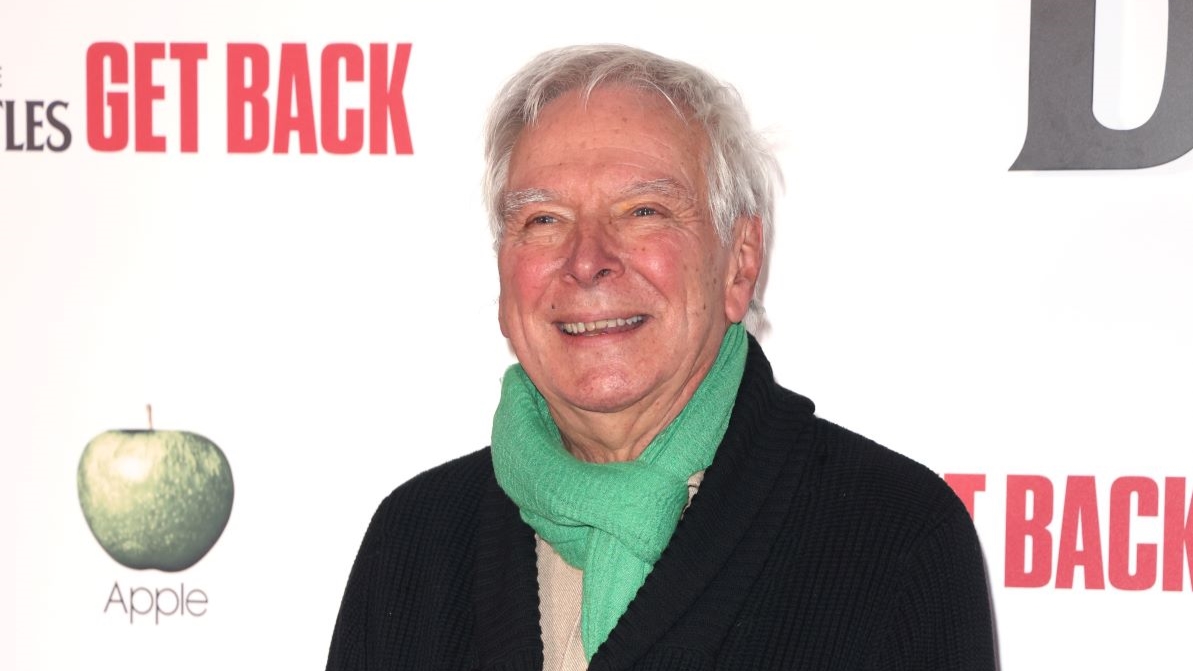
Happy birthday to Glyn Johns – the pioneering engineer and producer whose matchless list of studio credits includes some of the greatest guitarists in music history, notably Jimmy Page, Eric Clapton and Joe Satriani.
Johns’ contribution to music and the development of modern recording studio practice is legendary. And in this unmissable podcast hosted by musician Leo Sidran, Johns regales us with fascinating stories from his illustrious career.
Starting in the late ‘50s with advertising agencies (“Basically, they’re people completely out of their depth who don’t know what the fuck they’re talking about”) he takes us on a wild ride through the heyday of the ‘60s and ‘70s when he worked with the biggest names in rock 'n' roll, including the Beatles, the Rolling Stones, Led Zeppelin and the Who.
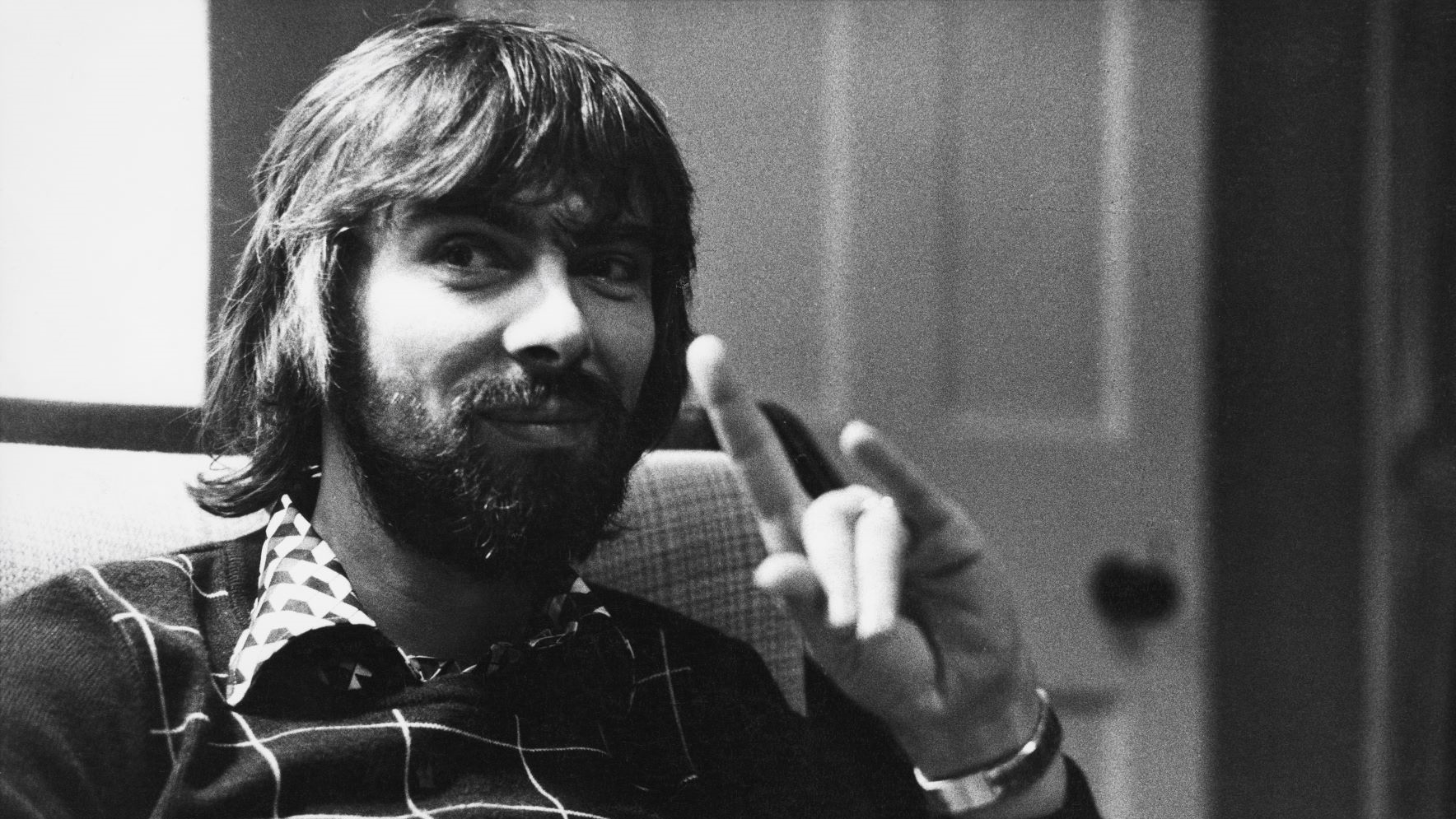
While this hugely informative conversation covers a lot of essential ground for musicians (including insights into his famed miking method) there is an abundance of entertaining stories, such as the time he decided to bail on Jimi Hendrix during a gig at London’s Royal Albert Hall.
“I asked him if he’d consider using a smaller amp,” recounts Johns, who told the guitarist, “If you use this rig in here now, the audience aren’t going to hear a note you play and, frankly, neither am I. It’s just going to be a complete waste of time.”
Though Hendrix remained “polite” during the sound check he ultimately decided not to go with Johns' suggestion.
“It just sounded like the most absurd noise you’ve ever heard in your life,” recalls Johns. “So I went home. I was just going to sit there all night wasting my time!”
All the latest guitar news, interviews, lessons, reviews, deals and more, direct to your inbox!
While Johns points out this type of situation tended to happen infrequently, there were, inevitably, occasions when it became clear he was facing an unrealistic task.
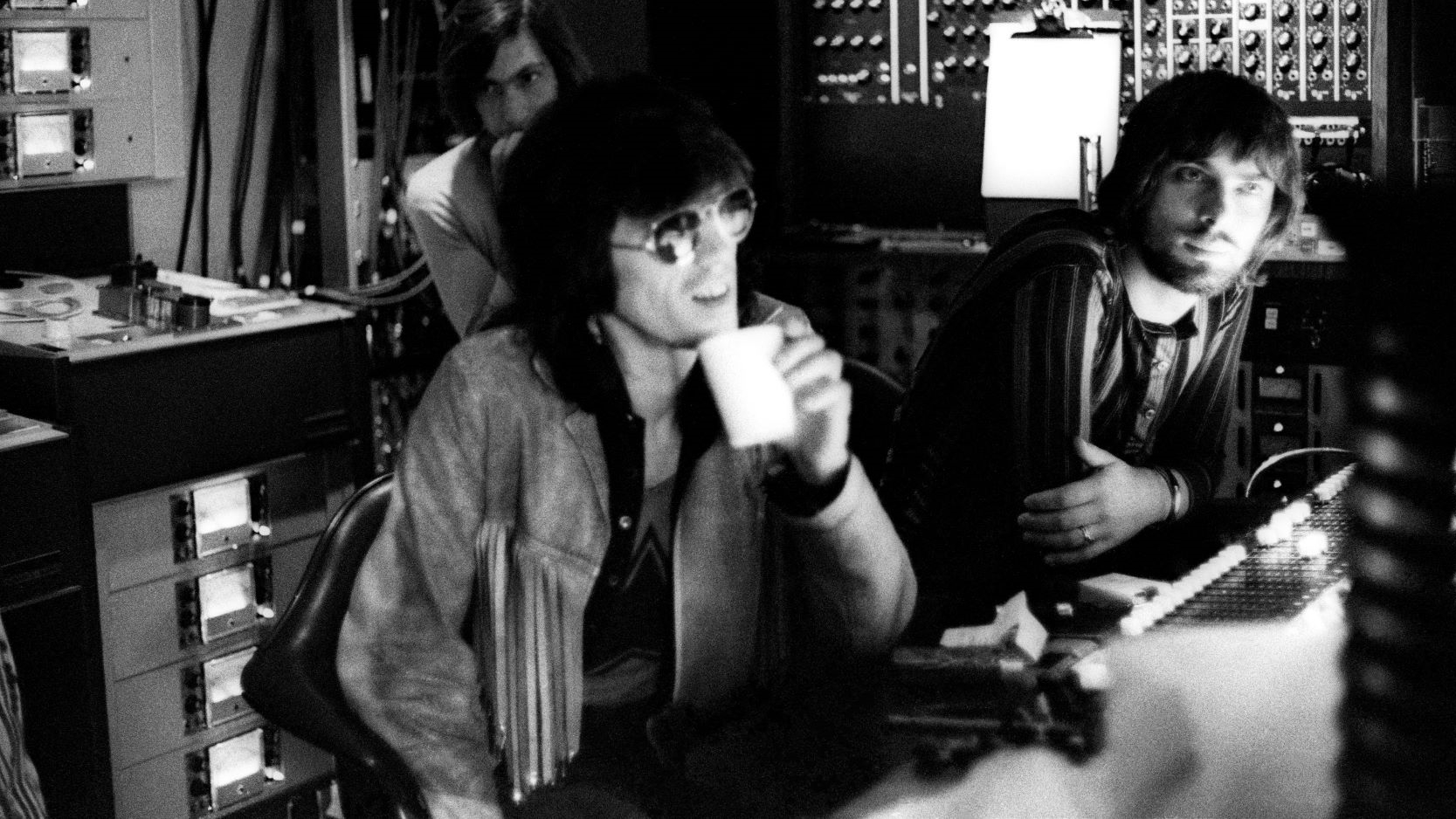
Elsewhere, Johns discusses the evolution of the recording industry and how artists began to experiment more with songwriting and sound.
“In some cases, they were still figuring out how to play,” he laughs.
“All of a sudden, there were people writing their own songs and performing them and wanting to experiment more with sound.
“You wouldn’t necessarily go in with something rehearsed. The Rolling Stones in particular would write in the studio, for example. They were one of the first bands that I ever worked with who actually created stuff in the room… Before you knew where you were, you were taking six weeks to make an album rather than two or three days.”
Take a listen to Leo Sidran’s The Third Story podcast with Glyn Johns here:
Pick up a copy of Glyn Johns’ autobiography Sound Man: A Life Recording Hits with the Rolling Stones, The Who, Led Zeppelin, The Eagles, Eric Clapton, The Faces... here.
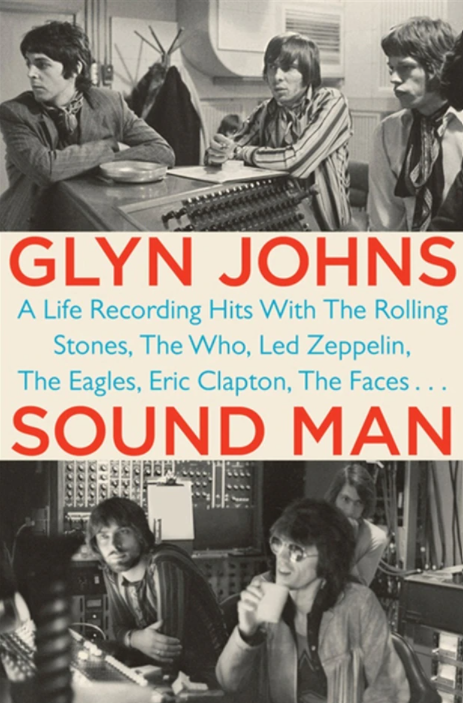
Rod Brakes is a music journalist with an expertise in guitars. Having spent many years at the coalface as a guitar dealer and tech, Rod's more recent work as a writer covering artists, industry pros and gear includes contributions for leading publications and websites such as Guitarist, Total Guitar, Guitar World, Guitar Player and MusicRadar in addition to specialist music books, blogs and social media. He is also a lifelong musician.
